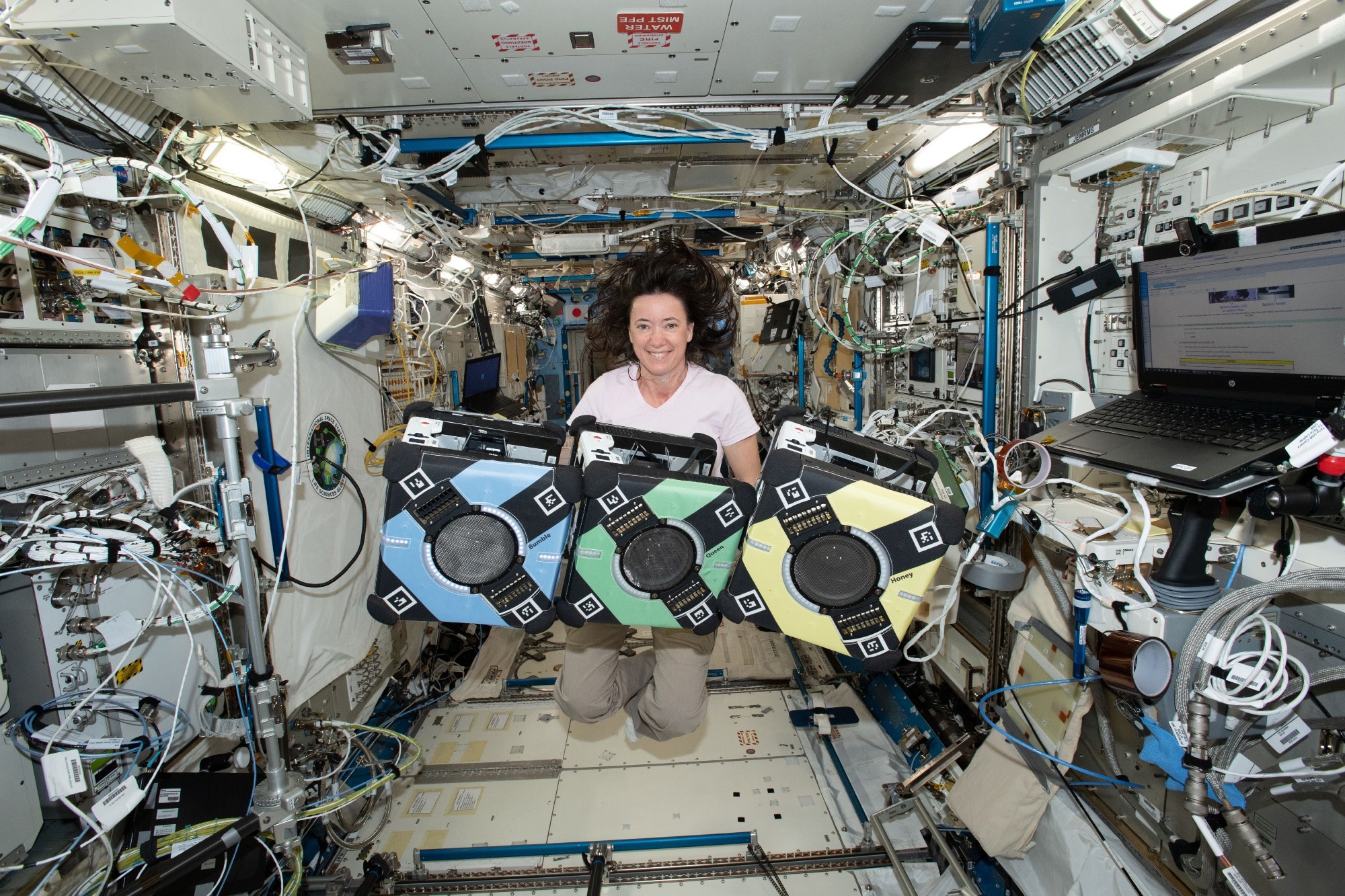- Fri. Apr 26th, 2024
Latest Post
Lamborghini Unveils Urus SE: The First Plug-in Hybrid Luxury Super SUV in the Market
Lamborghini unveiled the Urus SE, a new generation of its popular luxury super SUV, at the Volkswagen Group Media Night on April 24 before making it public at the Auto…
Podcast Roundup: 2024 NFL Draft Analysis, Nick Saban’s ESPN Debut and Auto-Brewery Syndrome
In a post-draft reaction show, Dan Wetzel, Ross Dellenger, and SI’s Pat Forde discussed the biggest headlines from the 2024 NFL Draft. The trio analyzed the destinations of the top…
Doctor’s Eye View: Inside the Gaza Hospital Crisis.
Dr. Mohammed “Adeel” Khaleel, a renowned orthopedic spine surgeon from Dallas, Texas, recently spoke with Ryan Grim on Deconstructed about his experiences during a medical mission in Gaza. Khaleel recounted…
Beyond Earth: The Role of Astrobees in Space Exploration and Technology Development
Astrobees: The Future of Space Exploration The International Space Station (ISS) has become a hub for innovation and research, thanks to NASA’s trio of free-flying robots known as Astrobees. These…
Munson Healthcare Donates $300,000 to Expand Street Medicine Program Providing Care for the Homeless
Traverse Health Clinic announced the receipt of a $300,000 donation from Munson Healthcare to support the expansion of its Street Medicine Program. The initiative, which launched in July 2022, is…
New Chapter for Bavius in America with Roy D. Cripps as President – Expanding its Machines and Solutions in Aerospace Structures
Bavius Technologie, a German manufacturer of highly productive five-axis machines and solutions provider of flexible automation systems, has announced the appointment of Roy D. Cripps as president – Americas. With…
Unlocking the Power of TransUnion’s Data: The Launch of OneTru on AWS and Google Cloud Platform
TransUnion is a leading credit reporting agency that has collected an extensive amount of data through the acquisition of over 25 companies. The company’s strategy is centered around this vast…
Reimagining the Future: Philadelphia’s Quest for Hope and Violence Reduction Inspired by Australia’s Success Story
Philadelphia’s future is one of hope and rejuvenation, according to Portlock, who drew inspiration from Australia’s success in reducing gun-related violence. In the wake of a tragic shooting on Tasmania…
Tara Martin Joins CACI International as Senior Vice President of Business Development, Driving Growth in National Security and Innovative Solutions
Tara Martin, who was previously the vice president at L3Harris Technologies, has recently taken on the role of senior vice president of business development at CACI International. In this new…
Empowering Seniors with Technology: St. Mark Lutheran Church Hosts Prescription Drug Resource Class
On Tuesday, May 7 at 11 a.m., St. Mark Lutheran Church in Howard will be hosting a free technology class focused on online prescription drug resources. This program is specifically…



